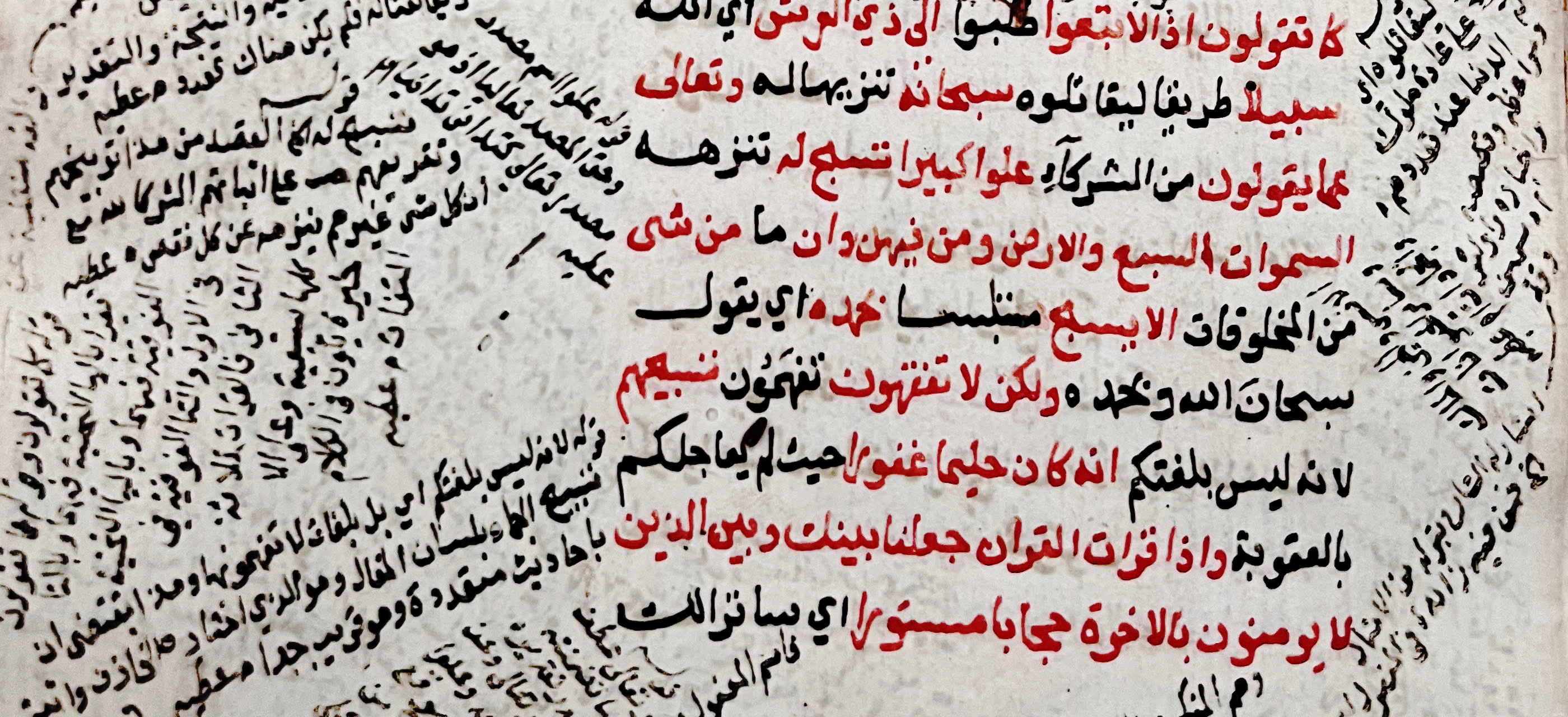Challenging Authority: Al-Balādhurī and al-Ṭabarī on Khārijism during the Reign of Muʿāwiya b. Abī Sufyān
Contenu
- Titre
- Challenging Authority: Al-Balādhurī and al-Ṭabarī on Khārijism during the Reign of Muʿāwiya b. Abī Sufyān
- Créateur
- Hagemann, Hannah-Lena Voir tous les contenus avec cette valeur
- Date
- 2016
- Dans
- Al-Masāq Voir tous les contenus avec cette valeur
- Résumé
- Khārijite resistance to Umayyad authority during the caliphate of Muʿāwiya b. Abī Sufyān (r. 661–680) is represented in detail in the works of the early Muslim scholars Aḥmad b. Yaḥyā al-Balādhurī (d. c. 892) and Muḥammad b. Jarīr al-Ṭabarī (d. 923). While the Khārijites are overwhelmingly depicted by both authors as religious fanatics whose excessive piety caused widespread bloodshed and who thus should be condemned, a closer look reveals that Khārijites serve specific and distinct narrative purposes: al-Balādhurī uses them mainly to illustrate Umayyad tyranny, while al-Ṭabarī addresses the consequences of Khārijite revolts for communal and imperial stability. The latter's work is also marked by a dichotomy between activist and quietist Khārijism, implying that al-Ṭabarī is not so much opposed to Khārijism as a set of “heretic” religious ideas, but rather to its violent expression of politico-religious opposition.
- Langue
- eng
- volume
- 28
- numéro
- 1
- pages
- 36-56
- doi
- 10.1080/09503110.2016.1152803
- issn
- 0950-3110
Hagemann, Hannah-Lena, “Challenging Authority: Al-Balādhurī and al-Ṭabarī on Khārijism during the Reign of Muʿāwiya b. Abī Sufyān”, 2016, bibliographie, consulté le 19 septembre 2024, https://ibadica.org/s/bibliographie/item/7786
Position : 7855 (7 vues)

